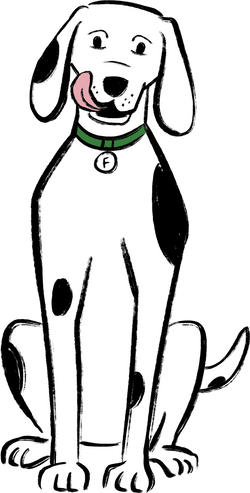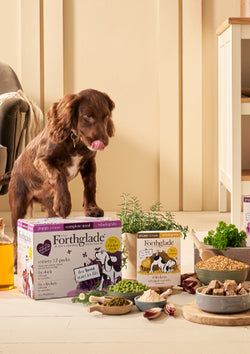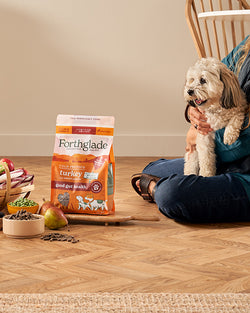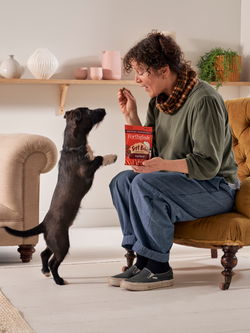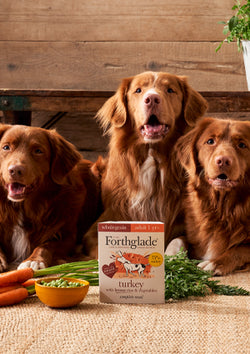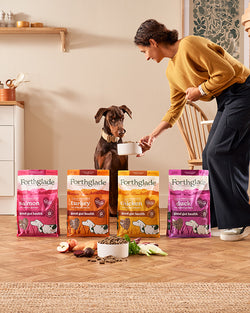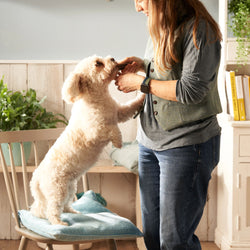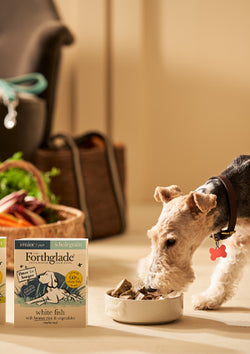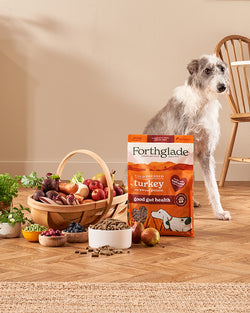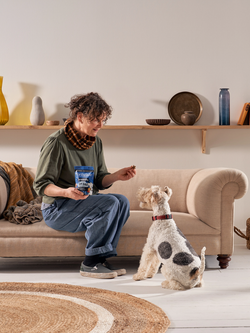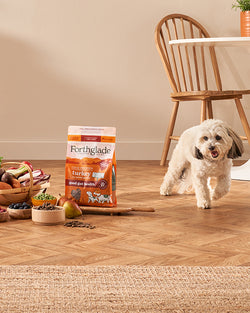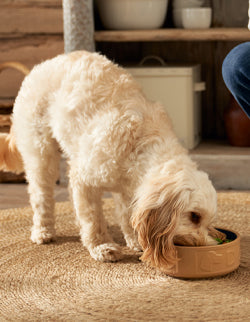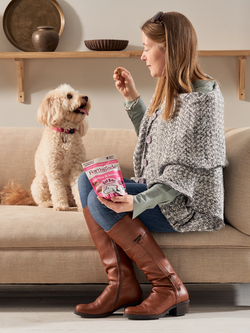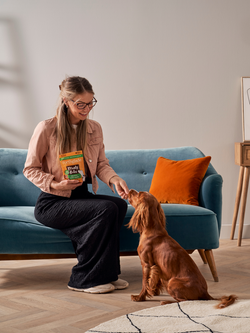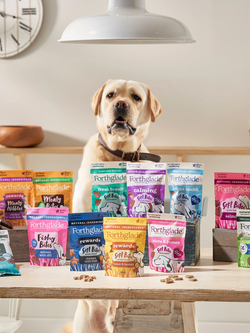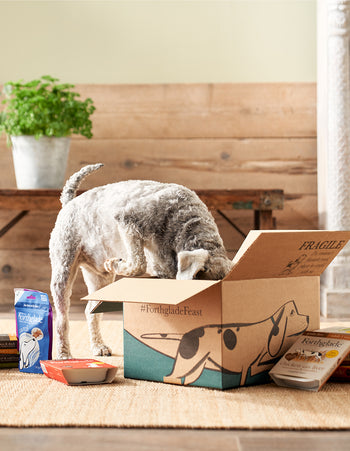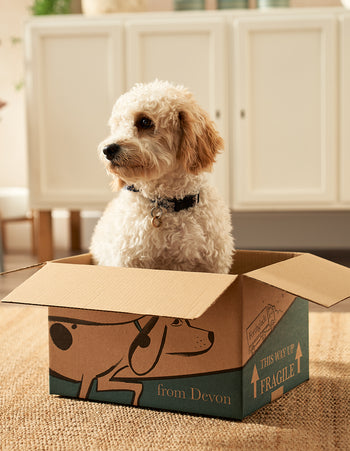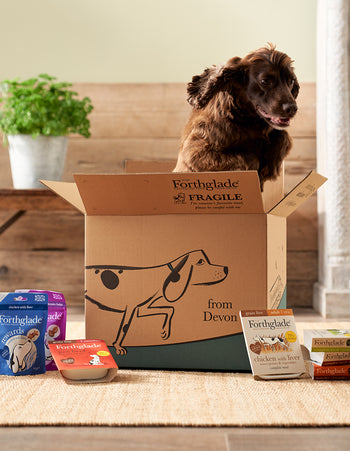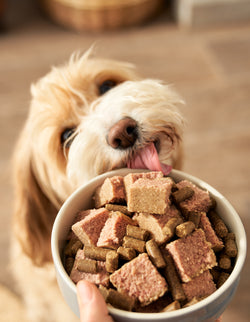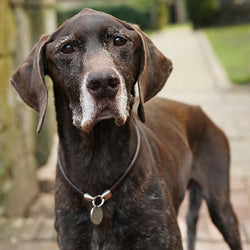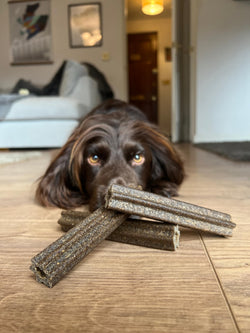How Can I Help My Senior Dog Gain Weight?
As our furry friends age, their needs change, and we often find ourselves worrying about their health and well-being. Weight loss in senior dogs can be particularly concerning, as it may indicate underlying health issues or simply be a natural part of the ageing process. Understanding the reasons behind your dog’s weight loss and how to help them regain those lost pounds can provide peace of mind and enhance their quality of life.

Why Is My Old Dog Losing Weight?
Several factors can contribute to weight loss in older dogs. Let’s explore some common reasons and what you can do to help.
Ageing
As dogs age, their metabolism slows down, and they may become less active. This natural decline can lead to weight loss if their caloric intake isn’t adjusted accordingly. To combat this, monitor their activity levels and adjust their diet to ensure they’re getting the nutrients they need without overfeeding.
Dental Issues
Dental problems are common in senior dogs and can significantly impact their ability to eat. If your dog has painful gums or missing teeth, they may avoid food altogether, leading to weight loss. Regular dental care is essential. Consider incorporating dental sticks into their routine to promote oral health and help keep their teeth clean. You can find great options here. Additionally, brushing your dog’s teeth can prevent dental issues. For tips on how to brush your dog's teeth effectively, check out our guide here.

Diabetes
Diabetes is another health issue that can lead to weight loss in older dogs. This condition can cause an increase in urination and a corresponding loss of calories, leading to weight loss despite a normal or increased appetite. If you suspect your dog might have diabetes, it's essential to consult your vet for diagnosis and management options.
Dehydration
Older dogs are more prone to dehydration, which can contribute to weight loss. If your dog isn’t drinking enough water, they may not be absorbing the necessary nutrients from their food. Ensure they always have access to fresh, clean water, and consider adding wet food to their diet, which can help increase their overall fluid intake.
Kidney Disease
Kidney disease is another common issue in senior dogs that can lead to weight loss. This condition affects a dog’s ability to process nutrients, often resulting in decreased appetite and weight loss. Regular veterinary check-ups are crucial to catch such issues early.
Cancer
Sadly, cancer is a reality for many senior dogs and can lead to significant weight loss. Tumours may affect appetite or interfere with digestion, making it challenging for your dog to maintain a healthy weight. If you notice sudden weight loss along with other concerning symptoms, it's vital to consult your vet for further investigation and support.

How to Get Your Old Dog to Gain Weight
Once you’ve ruled out underlying health issues with the help of your vet, the next step is to make your senior dog's food more appealing. Here are some effective strategies to help your dog regain weight.
Switch to High-Quality Senior Dog Food
Switching to high-quality senior dog food can provide the necessary nutrients tailored to the needs of older dogs. Look for formulations rich in protein and healthy fats to encourage weight gain while supporting their overall health. You can explore our carefully crafted options here and read more about the best senior dog food here.
Add Supplements and Treats to Your Dog’s Diet
Incorporating supplements and treats can make your dog’s meals more enticing and increase their caloric intake. Look for nutritious treats specifically designed for senior dogs, which can help provide additional energy and nutrients. Check out our range of senior dog treats to find some tasty options.

Try Wet Dog Food
Wet dog food can be more palatable and easier for older dogs to eat. The moisture content helps with hydration, and many dogs find the texture and aroma appealing, which may encourage them to eat more. Explore our selection of senior wet dog food to find the perfect fit for your furry friend.
Soak Their Kibble
If your dog prefers dry food, consider soaking their kibble in warm water or low-sodium broth to make it more enticing. This method not only softens the food, making it easier to chew but also enhances the flavour, encouraging your dog to eat more. You can find suitable options in our senior dry dog food range.
Consider Smaller Meals More Frequently
Feeding smaller, more frequent meals can help stimulate your dog’s appetite. This approach can be easier for their digestive system and may encourage them to eat more overall. Try breaking their daily food allowance into three or four smaller meals rather than one or two larger ones.

Takeaway
Before attempting to bulk up an older dog, it’s essential to consult your vet to determine if any underlying health issues are causing the weight loss. Once you’ve ensured that your dog is healthy, implementing these strategies can help them regain weight and enjoy their golden years.
For a wide range of nutritious options, be sure to shop our senior dog food and give your furry companion the support they need to thrive. Your senior dog deserves the best care and nutrition as they age, and with the right approach, you can help them live a happy and healthy life!






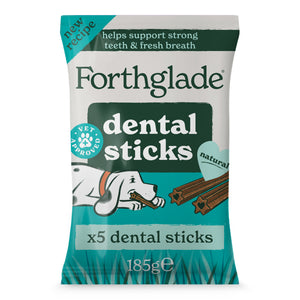
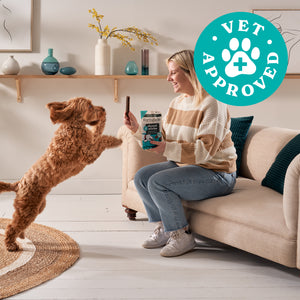
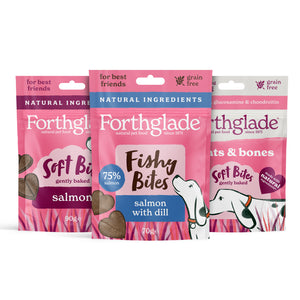



 FAST & FREE DELIVERY ON ORDERS £40+*
FAST & FREE DELIVERY ON ORDERS £40+*
 SUBSCRIBE TO SAVE 10% OFF EVERY ORDER
SUBSCRIBE TO SAVE 10% OFF EVERY ORDER
 OVER 13,600 5 STAR REVIEWS
OVER 13,600 5 STAR REVIEWS

